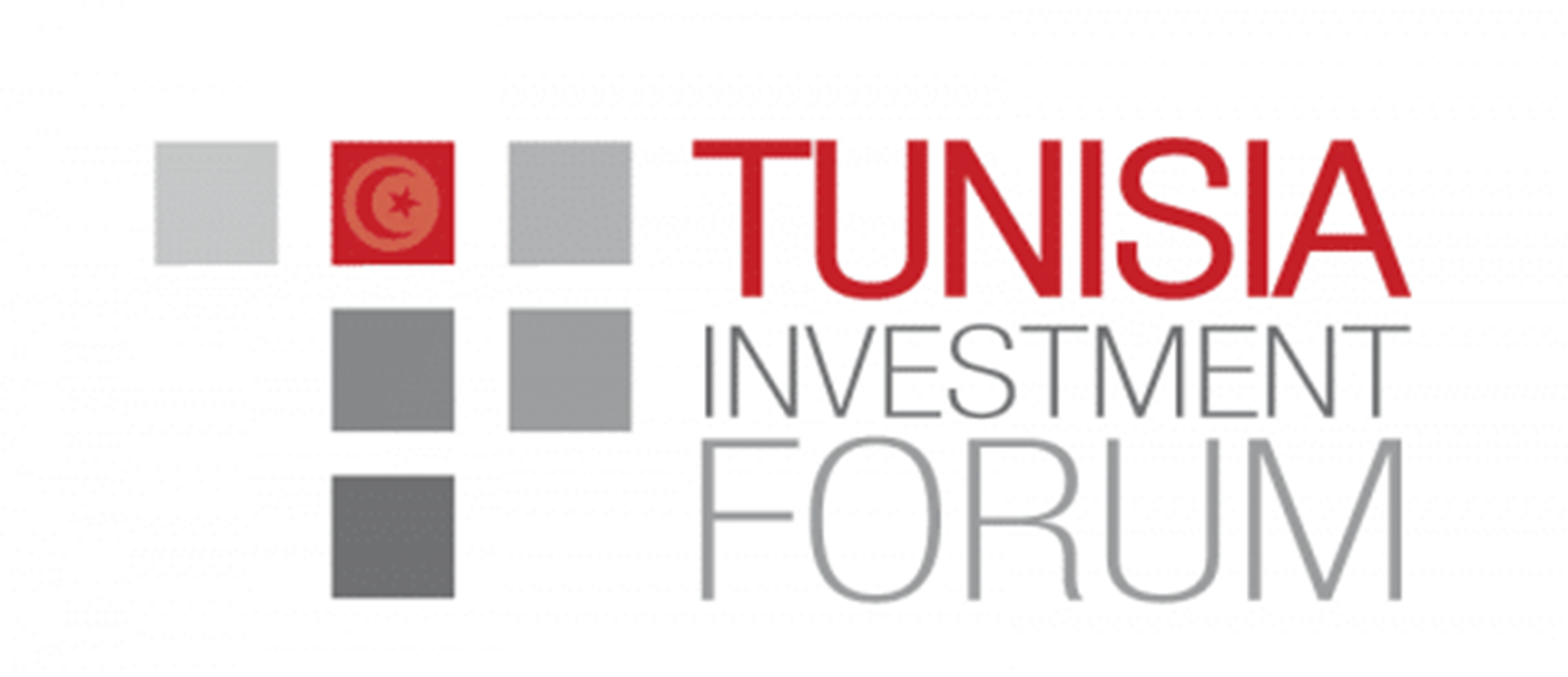Menu



FIPA-Tunisia 2024. All rights and photo credits reserved Numeryx Tunisia

Source: OECD
The Organization for Economic Cooperation and Development (OECD) publishes a semi-annual report on international direct investment (IDI) in the world.
The October report focuses on the main findings of IDI in the 1st half of 2023 on an international scale. Essentially, the following emerges.
• Global FDI flows rebounded to reach USD 727 billion in the first half of 2023, but remained 30% below the levels recorded in the first half of 2022. A large part of the increase occurred in the first quarter of 2023, despite a decrease in global IDI flows of around 44% during the first half of 2023 compared to the 2nd quarter of the current year.
• IDI flows to the OECD area have increased to USD 275 billion, but they are 42% lower than their levels recorded in the first half of 2022 and lower than the half-year levels of 2021. They rose to positive levels in the first quarter of 2023, but then fell by 58% in the second quarter. This is largely explained by the decrease in equity inflows and reinvested profits, reflecting the continued slowdown in new investment activities.
• Outbound flows from the OECD area have more than doubled compared to the 2nd half of 2022, to reach USD 580 billion, although they are lower than the levels of the previous half-year. Here too, much of the increase took place in the first quarter, while IDI outflows from OECD countries fell by 56% in the second quarter.
• IDI flows to non-OECD G20 economies fell by 15% in the first half of 2023. They decreased by 13% in the first quarter and by an additional 27% in the second quarter.
The United States was the first IDI beneficiary in the world, followed by Brazil while Canada and Mexico, rank tied for third among IDI beneficiaries.
The United States was also the main global investor, followed by China and Japan.
• The cross-border mergers and acquisitions activities carried out continued their downward trend in a weakened economic environment, impacted by high prices, rising interest rates and persistent geopolitical uncertainty. The value of completed transactions fell by 23% in advanced economies and by 49% in emerging markets and developing economies.
• Capital expenditures on new investment projects announced remained strong in emerging markets and developing economies, partly thanks to a large renewable energy project announced in Mauritania, but the number of projects announced experienced a reduction.